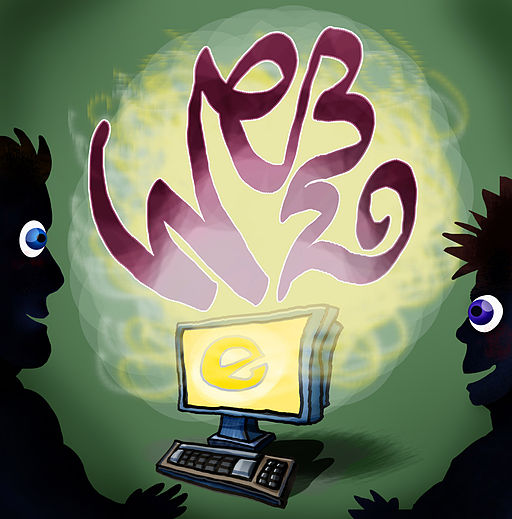
How the Internet Revolutionised Learning
For anyone in their late twenties or older, learning at school was entirely reliant on a combination of the knowledge of the teacher and consulting books. If you needed to make a list of important facts for a project, an encyclopedia was your best friend. If you needed to check the spelling or definition of a word, you would use your dictionary. Whole classes at school were devoted to ‘dictionary skills’. If you were compiling notes for your exam revision, a file block was your constant companion. Coursework had to be meticulously handwritten after labouring over several drafts to detect spelling and other mistakes. The internet has obliterated many of these practices, and has caused an explosion of opportunities for people of all ages to participate in learning.
Many young people in 2015 attend schools which prescribe the use of a tablet to aid learning. Students use these devices to store their work, conduct research, take part in interactive tests and much more. Most teachers use smart boards and interactive white boards linked to a laptop with an internet connection. They allow the whole class to take part in the lesson and help the teacher to make learning a much more hands on and fun experience. At home, students use the internet as a fast and easy way to get any information they need. In addition, social networking allows students to connect with each other to share their work and verify the instructions from the teacher or tutor.
Distance learning was largely introduced by the Open University when it started in 1969. In the years thereafter, learning by post was considered a feasible option by many people who wanted to extend or expand their education. When internet use came to prominence in the late twentieth century, people now also had the choice of distance learning online. Postal delivery became an option rather than a necessity, as instant communication paved the way for a much more interactive distance learning experience.
The internet has brought about an evolution in the way we learn, and in the way that teachers and tutors help us to engage with our work. Learning at school or university is now a much more interactive experience. Students have the benefit of literally having a whole world of information at their fingertips. It is now much easier for distance learners to access the help and support they need to succeed, and to feel much more part of a learning community.